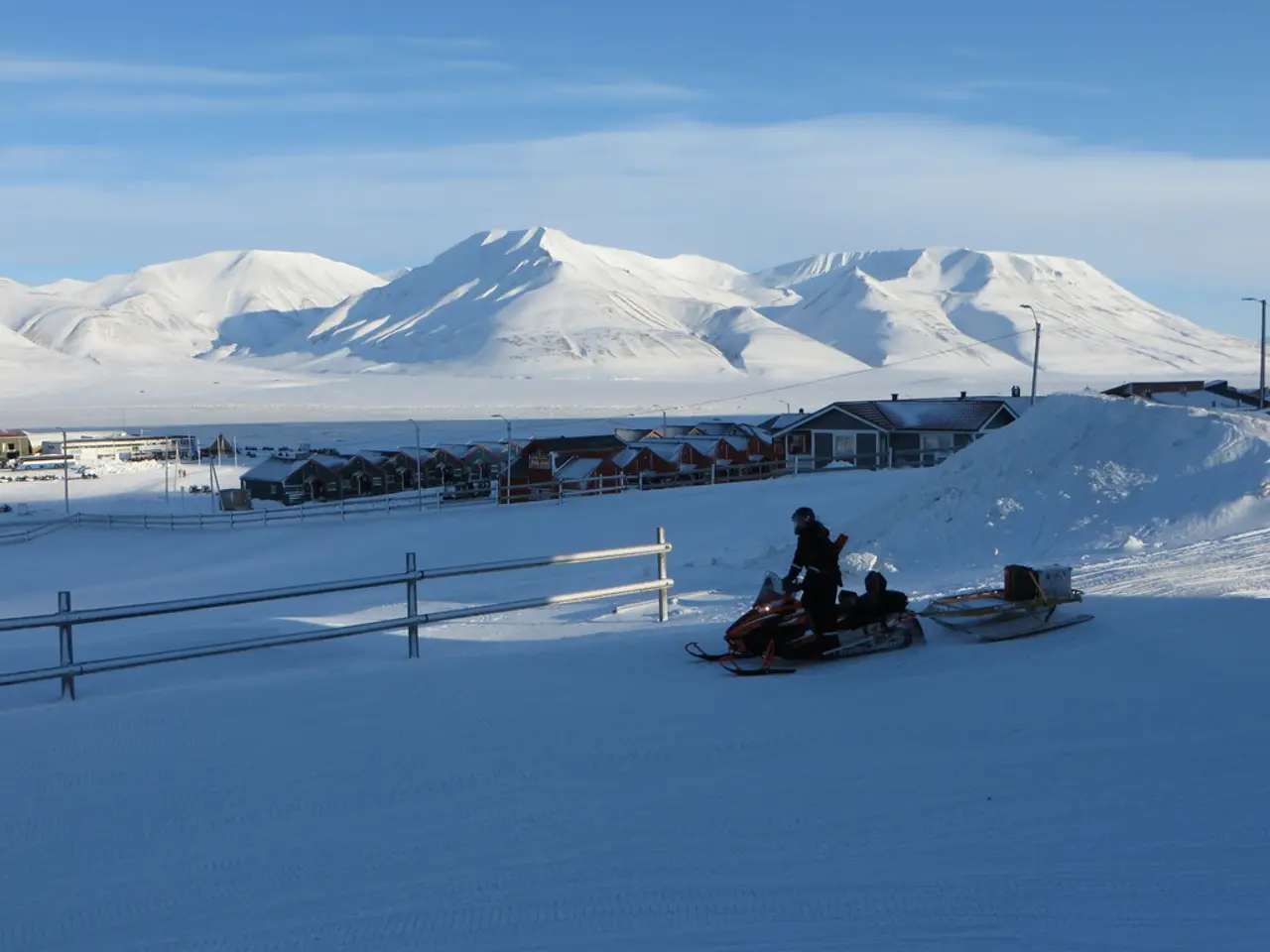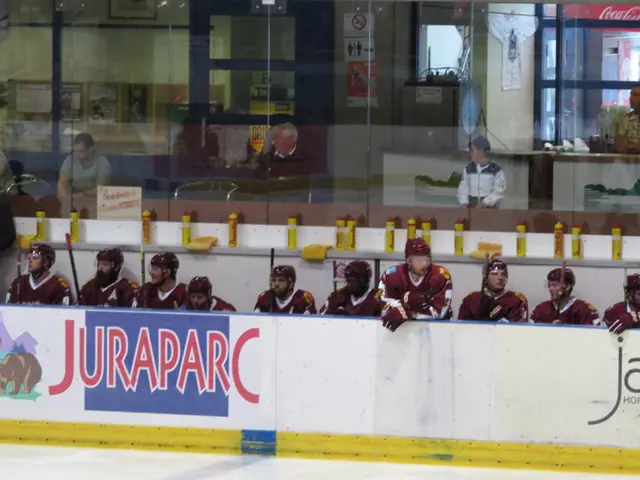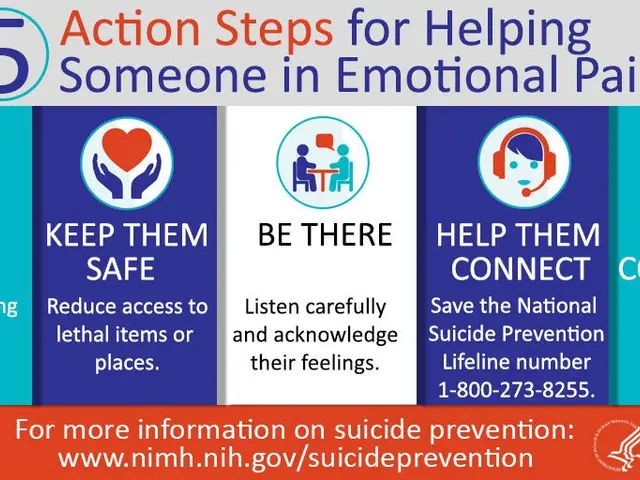Expert Reveals How Seasonal Light Loss Deeply Affects Mental Health
Dr. Jon Ulven, a psychologist at Sanford Health, has shared insights on seasonal affective disorder (SAD). This condition, triggered by reduced natural light in fall and winter, can cause sleep disturbances, appetite changes, and energy loss. Dr. Ulven, chair of adult psychology at the largest rural health system in the US, urges those with suicidal thoughts to call the suicide hotline at 988.
SAD symptoms persist for at least two weeks. Dr. Ulven suggests combating these by waking up and spending time in the brightest part of the house. Other treatments include outdoor walks, light therapy, and medication. Dr. Ulven's expertise in behavioral health psychology makes his advice invaluable for managing SAD.
Seasonal affective disorder, triggered by reduced light, can have serious impacts. Dr. Jon Ulven's advice, including waking up in bright areas and seeking professional help, can aid in managing SAD. Anyone experiencing suicidal thoughts should immediately contact the suicide hotline at 988.






